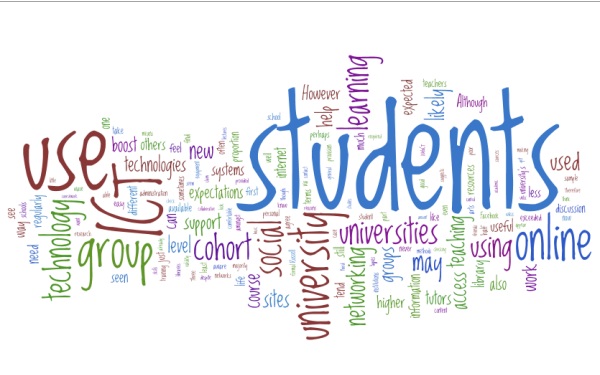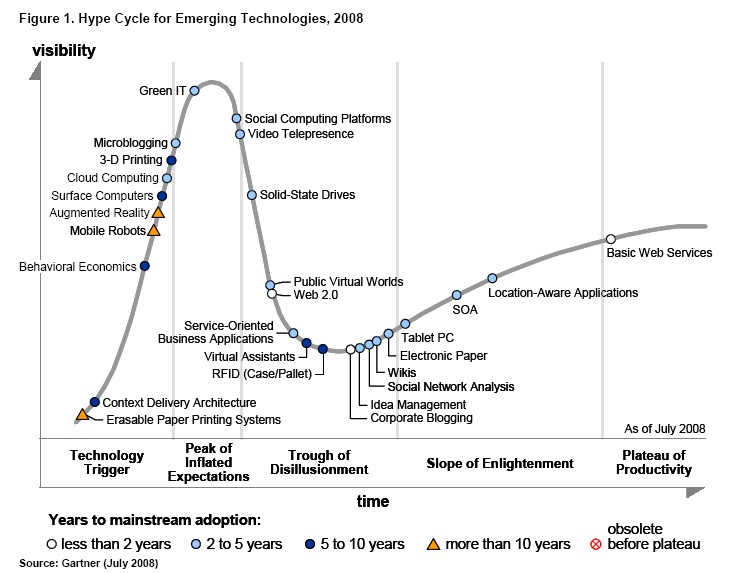I love the RNA Biology journal's new guidelines for submissions, which state that you must submit a Wikipedia article on your research on RNA families before the journal will publish your scholarly article on it:
This track will primarily publish articles describing either: (1) substantial updates and reviews of existing RNA families or (2) novel RNA families based on computational and/or experimental results for which little evolutionary analysis has been published. These articles must be accompanied by STOCKHOLM formatted alignments, including a consensus secondary structure or structures and a corresponding Wikipedia article. Publication in the track will require a short manuscript, a high quality Stockholm alignment and at least one Wikipedia article; Each centered around the RNA in question.
As my source for this points out, Nature (the publishing organisation behind the RNA Biology journal, and co-producer of Science Foo Camp with O'Reilly and Google) already synchronises a database with Wikipedia. Apparently there's a core of scientists who do most of the edits, but also a lot of other scientists who pop in sporadically to fix or add information.
Kudos to Nature for doing something imaginative to increase the commons. Journals wield a huge amount of power in the scientific world, and it's wonderful to see them using that power to incentivize good.
Source









